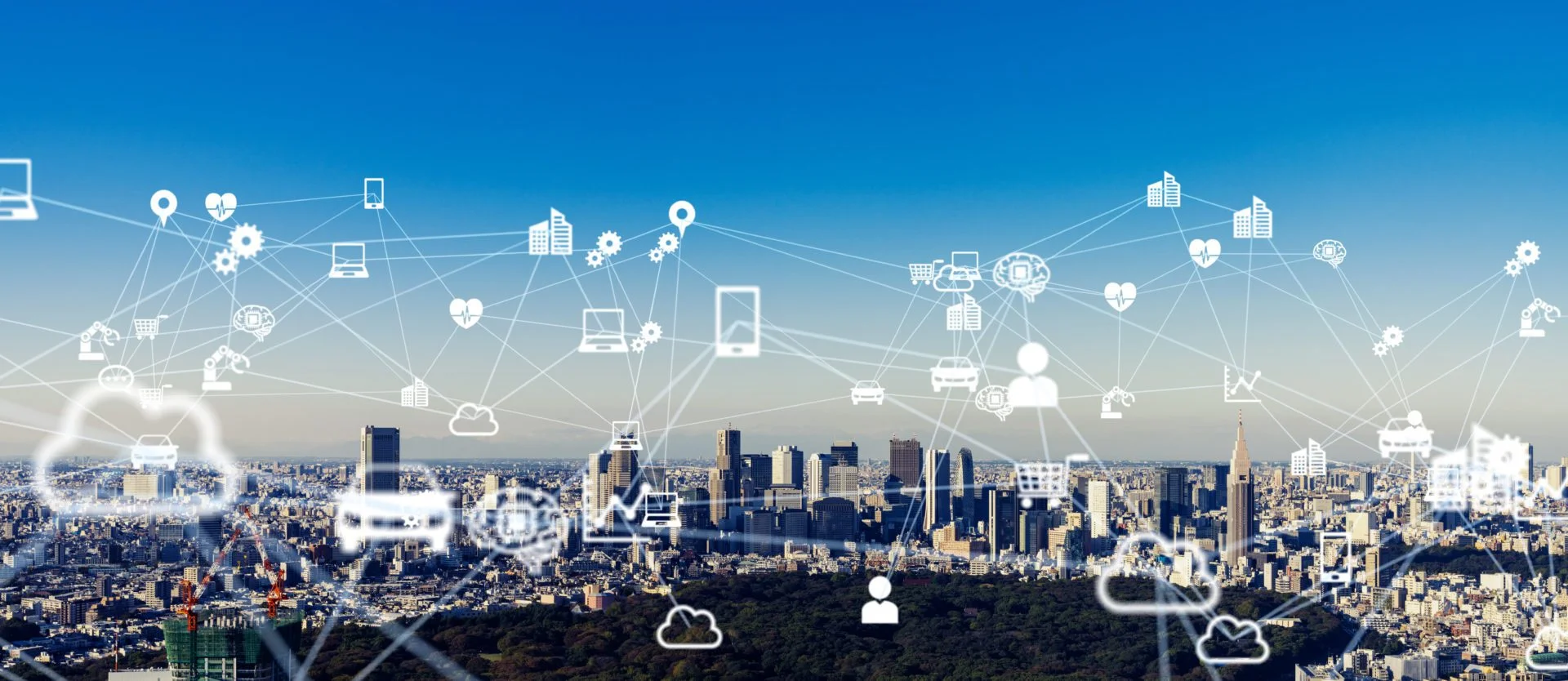The Internet of Things (IoT) is transforming urban living by creating smart cities that enhance efficiency, sustainability, and quality of life. This article explores how IoT integrates with various aspects of smart cities, including technology trends, health and wellness, business strategies, lifestyle, sports, education, celebrity news, culinary arts, home improvement, and financial markets. To learn more, click here for in-depth insights on each area.
1. Technology Trends and Reviews in Smart Cities
IoT is at the forefront of technological advancements in smart cities. It enables interconnected devices to communicate, leading to innovations like smart streetlights that adjust brightness based on activity levels, reducing energy consumption. Additionally, IoT facilitates real-time traffic monitoring, helping to alleviate congestion and improve transportation efficiency.
2. Health and Wellness in Smart Cities
IoT contributes significantly to health and wellness by enabling remote patient monitoring through wearable devices that track vital signs, allowing healthcare providers to offer timely interventions. Smart fitness equipment provides personalized workout routines, promoting healthier lifestyles among residents.
3. Business Strategies and Insights in Smart Cities
Businesses in smart cities leverage IoT to optimize operations. Retailers use IoT sensors to manage inventory efficiently, ensuring products are available when needed. Smart buildings equipped with IoT systems monitor energy usage, leading to cost savings and environmental benefits.
4. Lifestyle and Entertainment in Smart Cities
IoT enhances lifestyle and entertainment by offering smart home devices that automate daily tasks, providing convenience and comfort. Smart entertainment systems allow residents to control media and lighting through voice commands, creating personalized experiences.
5. Sports Updates and Analyses in Smart Cities
In the realm of sports, IoT provides real-time updates and analyses. Smart stadiums equipped with IoT devices offer fans live statistics and interactive experiences. Athletes use IoT wearables to monitor performance metrics, aiding in training and injury prevention.
6. Educational Resources in Smart Cities
IoT transforms education by enabling smart classrooms where interactive whiteboards and connected devices facilitate engaging learning experiences. Students access educational resources through IoT-enabled platforms, promoting continuous learning.
7. Celebrity News and Gossip in Smart Cities
IoT influences media consumption, including celebrity news. Smart devices provide personalized news feeds, keeping residents updated on their favorite celebrities. Social media platforms utilize IoT to deliver real-time updates and live streams.
You may also like that : Newztalkies.com
8. Food and Culinary Arts in Smart Cities
IoT revolutionizes culinary experiences with smart kitchen appliances that assist in cooking by providing step-by-step instructions and monitoring cooking processes. Smart refrigerators track food inventory and suggest recipes based on available ingredients.
9. Home Improvement and Decor in Smart Cities
Home improvement benefits from IoT through smart home systems that control lighting, security, and climate, enhancing comfort and safety. Residents use IoT devices to monitor energy usage, leading to more sustainable living environments.
10. Crypto and Financial Markets in Smart Cities
IoT impacts financial markets by enabling secure transactions through blockchain technology. Smart contracts automate processes, reducing the need for intermediaries. IoT devices facilitate real-time financial data analysis, aiding in informed decision-making.
In conclusion, the Internet of Things (IoT) plays a pivotal role in developing smart cities, influencing various aspects of urban life. By integrating IoT, cities become more efficient, sustainable, and responsive to residents’ needs, paving the way for a smarter future. For those managing finances within these evolving environments, understanding The Pros and Cons of Hiring a Bookkeeper can also be valuable for efficient resource management.

